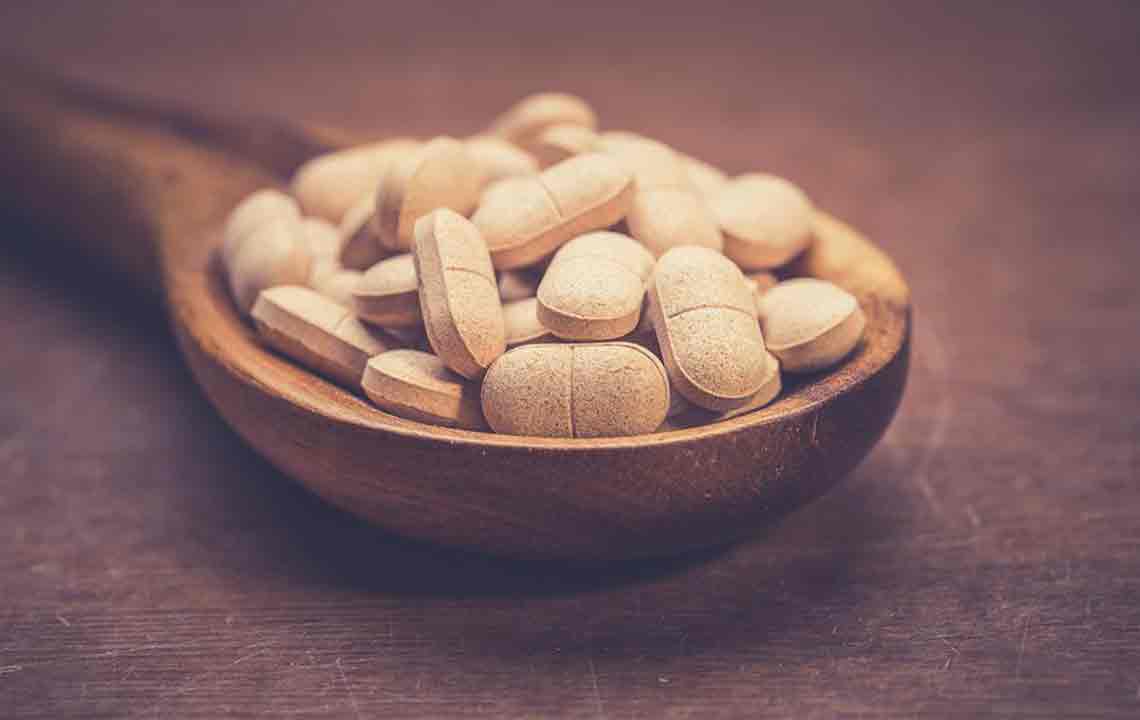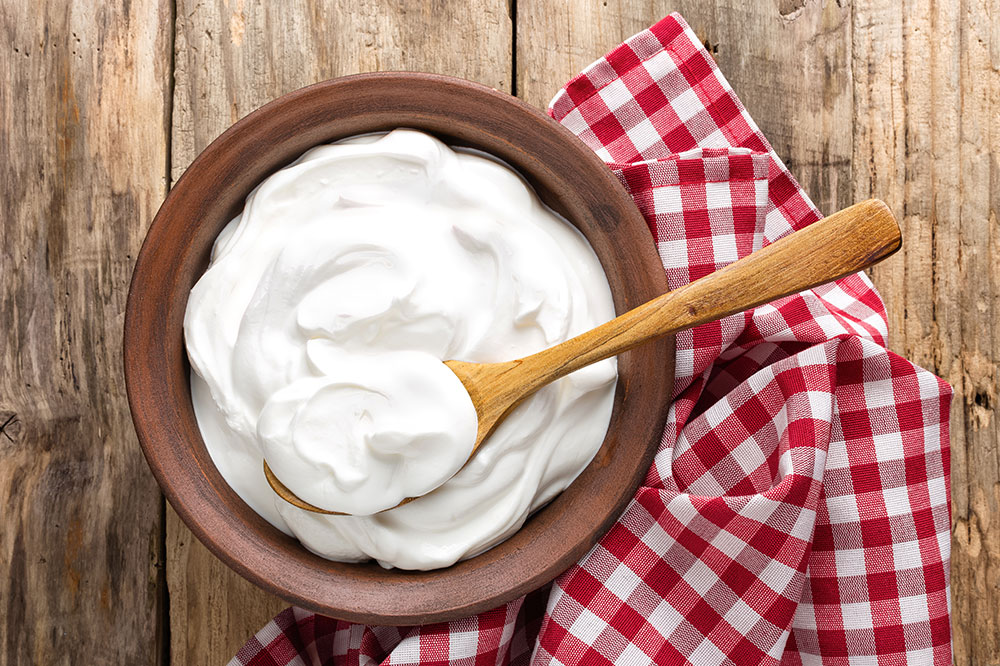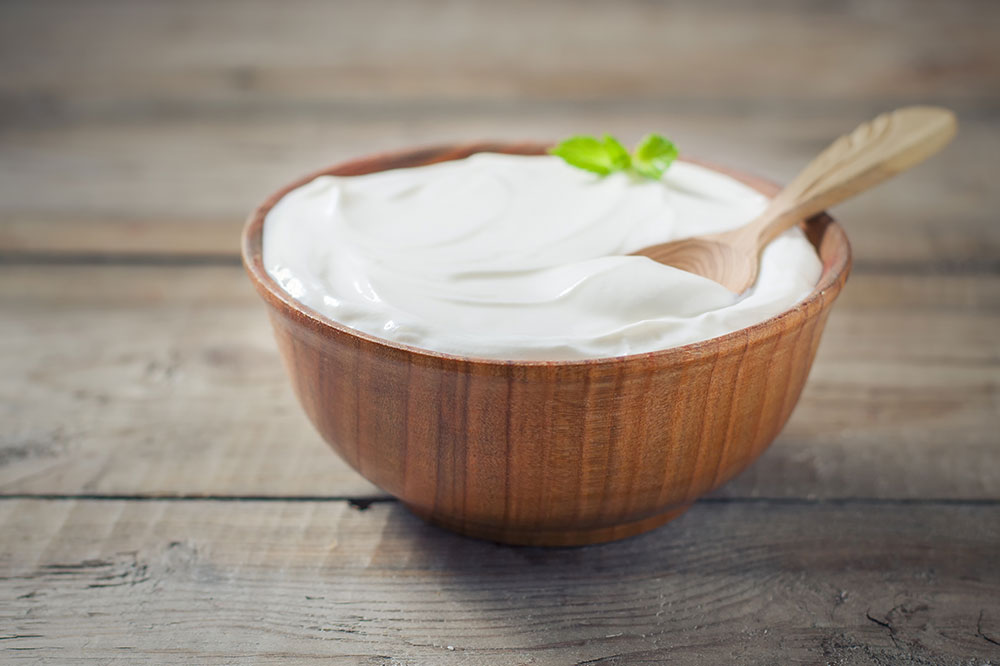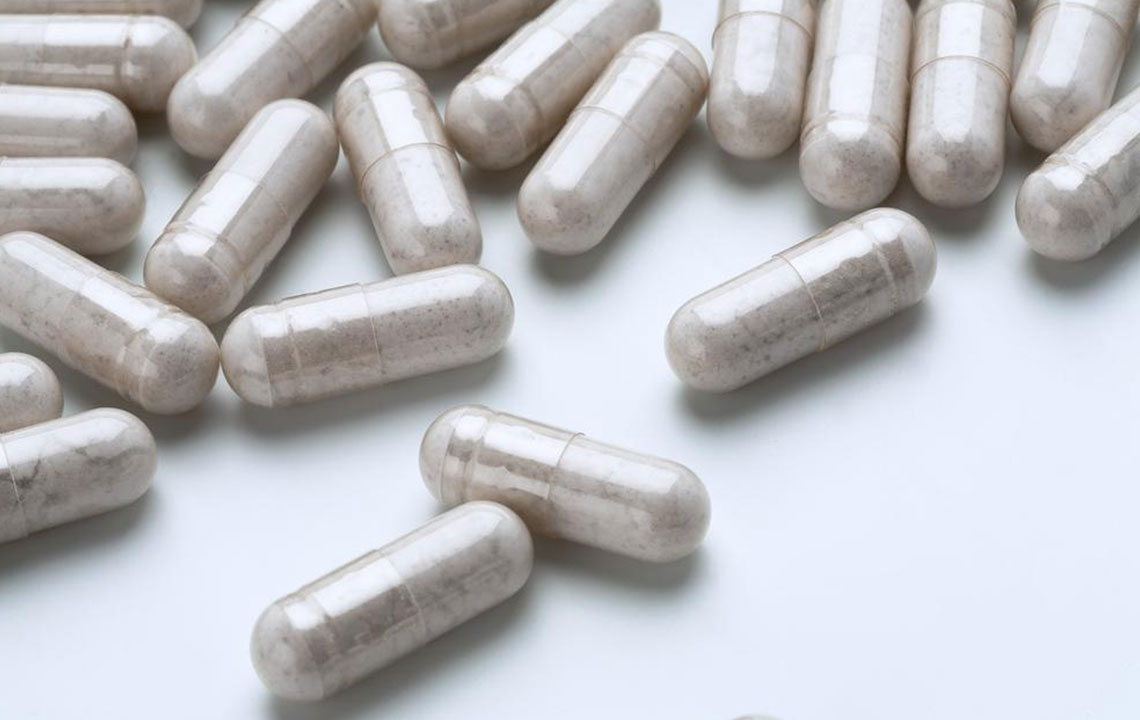Comprehensive Guide to Top Fiber Supplements for Better Health
Explore the benefits of high-quality fiber supplements to enhance digestion, control cholesterol, and prevent chronic diseases. Learn about popular types, their uses, and safety tips for effective incorporation into your diet for better health.

Comprehensive Guide to Top Fiber Supplements for Better Health
Dietary fiber, a type of complex carbohydrate found in plants, is vital for maintaining optimal health. It aids in lowering bad cholesterol, stabilizing blood sugar levels, supporting weight management, and promoting healthy digestion by preventing constipation. Despite its benefits, many adults fall short of the recommended daily intake, which is 38 grams for men and 25 grams for women. Typically, average consumption hovers around 15-18 grams due to processed food consumption lacking fiber.
Incorporating fiber-rich foods like lentils, beans, berries, and artichokes can help meet daily requirements. When dietary sources aren’t sufficient, choosing quality fiber supplements can be an effective alternative.
This shortfall is primarily due to the low fiber content in many processed foods common in Western diets. Soluble fiber absorbs water, slowing digestion and reducing LDL cholesterol, while insoluble fiber adds bulk to stool, aiding bowel movements. Both types offer significant health benefits.
Popular fiber supplements include:
Inulin (Fiber Choice): A prebiotic fiber promoting healthy gut bacteria and aiding nutrient absorption. It’s a 100% soluble fiber supplement that helps regulate appetite hormones.
Psyllium (Metamucil): Derived from Plantago ovata seed husks, it contains around 70% soluble fiber. It supports digestion and is widely used for treating constipation and other digestive issues.
Methylcellulose (Citrucel): A non-fermenting soluble fiber made from plant cell walls, less likely to cause gas or bloating. Available as a powder, it’s effective for regularity without fermentation-related side effects.
Wheat Dextrin (Benefiber): Made from corn, this soluble fiber dissolves easily in hot or cold liquids. It helps improve digestion and stabilize blood sugar.
Consuming adequate fiber is essential for preventing conditions such as type 2 diabetes, heart disease, colorectal cancer, and digestive disorders like IBS and constipation. When considering supplements, users should consult healthcare professionals, especially if existing health conditions are present, to ensure safety and proper use.
Introduction of fiber supplements should be gradual, starting with small doses to minimize side effects like bloating or gas. Adequate water intake is crucial to maximize benefits and prevent complications such as intestinal blockage. Patients with strictures, ulcers, or adhesions should avoid fiber supplements unless advised by their doctor.
Most individuals can safely increase fiber intake, but consulting a healthcare provider before starting supplements is recommended. Proper hydration and dose management will aid in optimizing benefits while minimizing side effects.










